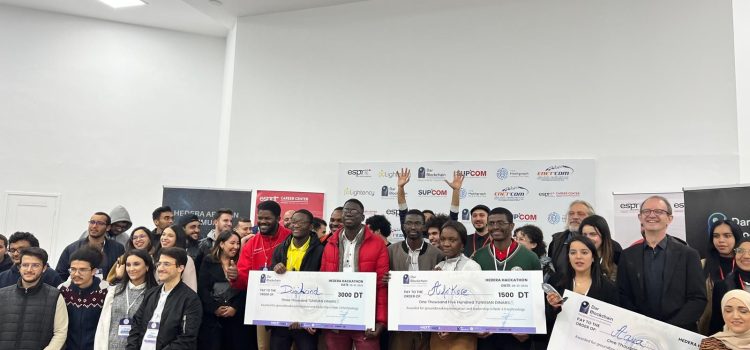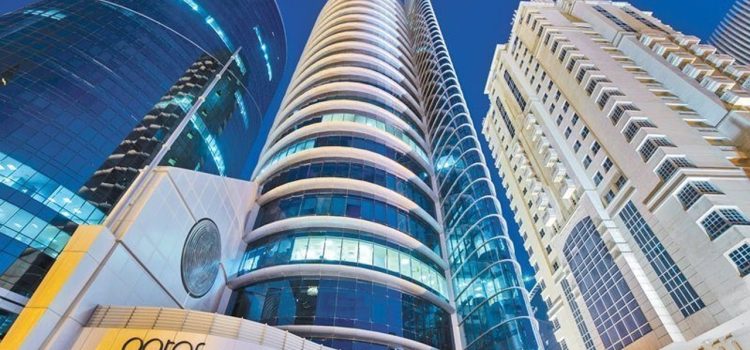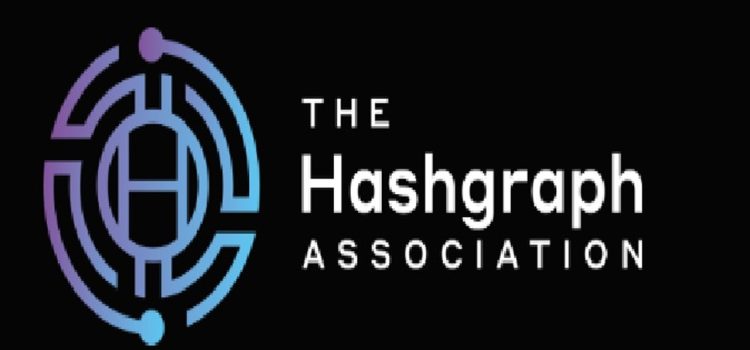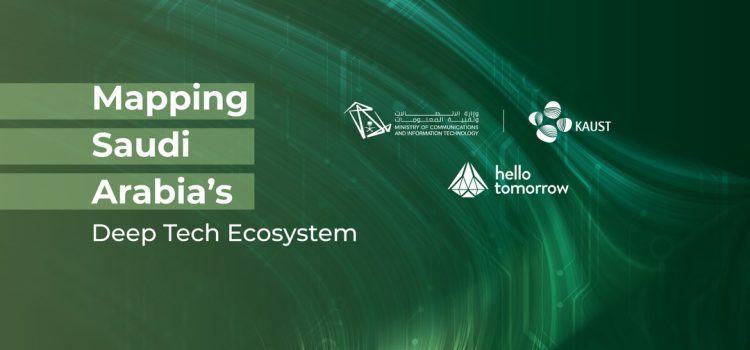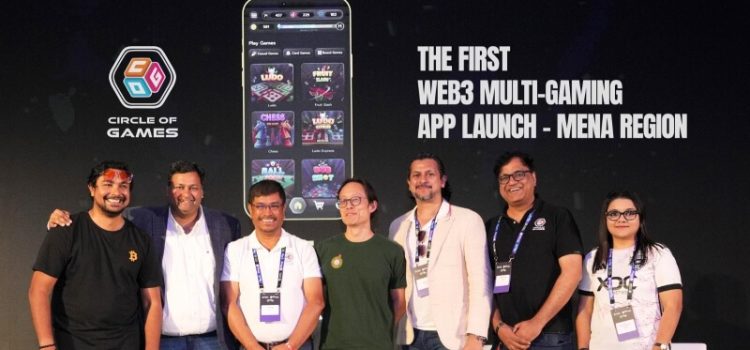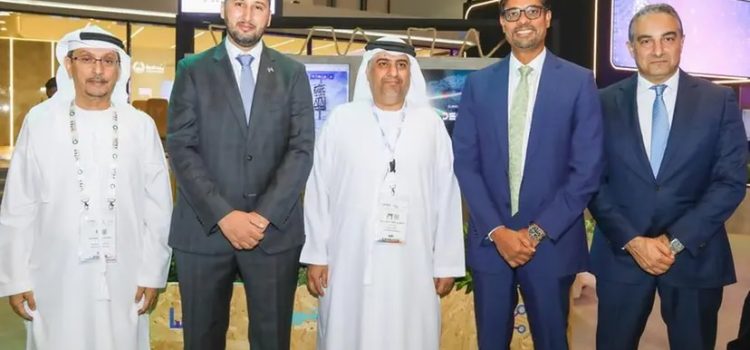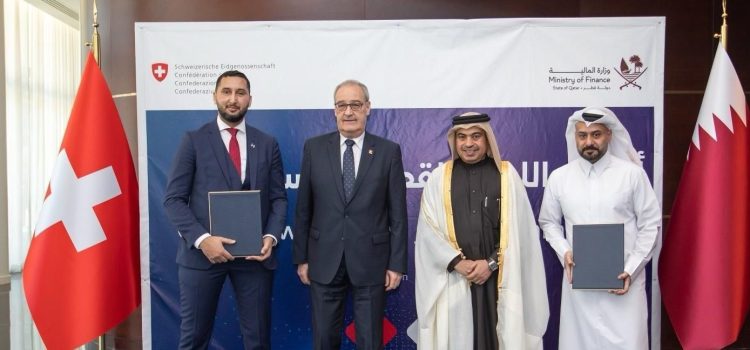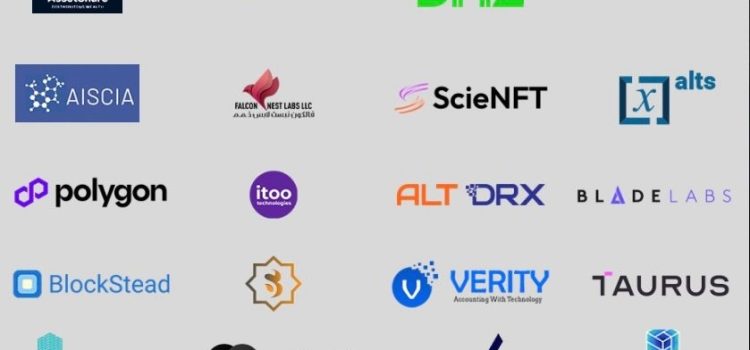
The Hashgraph Association a Swiss non-profit organization driving global adoption of Hedera-powered solutions by funding innovation, training, certification, and venture building programs, in collaboration with Exponential Science Foundation, a not-for-profit foundation accelerating responsible tech adoption, via research, education, and innovation activities, has launched the Hedera Africa Hackathon 2025 to enable the next generation of Web developers and empower economic inclusion in Africa with a digital future for all.
As per the press release, the Hackathon will be the biggest Web3 Hackathon initiative combines online participation with onsite events in over 20 African cities, with a goal of attracting over 10,000 participants across more than 15 countries on the African continent. Developers, students, and entrepreneurs are invited to collaborate to build decentralized solutions on Hedera across industries such as Finance, Healthcare, Telecoms, Sustainability, Agriculture, and Manufacturing, while leveraging the convergence of other deep technologies such as AI, IoT, Robotics, and Quantum Computing, with a prize pool of more than $1 million on offer for the winning teams and projects.
With global participation officially open from August 1 to September 30, 2025, the hackathon tasks applicants to develop blockchain/distributed ledger technology (DLT)-based, scalable solutions tailored to the continent’s most urgent challenges and needs. All solutions will be built on the Hedera network an energy-efficient and cost-effective DLT, which offers cost predictability, the highest levels of security, and the ability to support reliable, scalable, and enterprise-grade applications.
Already having secured the backing and participation of more than 50 global and regional partners to be announced over the next few weeks, as well as over 100 universities and tech hubs, the hackathon is designed to be the largest of its kind on the African continent. The event will offer extensive technical education, certification, and hands-on support from Hedera-Certified engineers, with hacking stations to be established in cities such as Lagos, Cairo, Nairobi, Kinshasa, Cape Town, Casablanca, and Tunis for in-person collaboration, alongside a fully virtual Hackathon track accessible worldwide.
“Africa is home to one of the youngest, most enthusiastic and dynamic tech communities in the world; its future will depend on digitization,” said Kamal Youssefi, President of The Hashgraph Association. “By equipping developers and entrepreneurs with Web3 skills and next generation toolkits, we’re not just solving today’s problems, we’re shaping the future of decentralized innovation in one of the world’s most significant growth markets, fostering a digital future for all through financial, identity, and communication inclusion.”
The hackathon aims to catalyze continuous innovation across four key tracks: On-Chain Finance and Real-World Asset (RWA) Tokenisation; ESG Sustainability and Traceability; Self-Sovereign Identity (SSI) and AI; and Gaming, Metaverse, & NFTs.
Developers of all skill levels and backgrounds are encouraged to participate — no prior blockchain experience is required. Extensive training resources will be provided through the Hedera Academy, with access to a thriving developer community.
The Hashgraph Association and the Exponential Science Foundation will be carrying out awareness and training campaigns to prepare participants for the hackathon before the official start date on August 1st 2025.
“Initiatives such as the Hedera Africa Hackathon encourage the next generation of tech builders, researchers, and entrepreneurs. As well as driving blockchain education and innovation within a continent that is showing incredible growth potential. We encourage anyone with an interest in blockchain technology to sign up and start developing the next wave of practical solutions across multiple industries to gain valuable experience and a chance to claim the prize pool. Our hope is that participants will go on to launch their own ventures and share their learnings,” said Paolo Tasca, Co-Founder & Executive Chairman of Exponential Science Foundation.
The Hedera Africa Hackathon 2025 is operated and supported by a strong network of partners, under the experienced leadership of DAR Blockchain, a Tunisian-based Web3 Hub that has been operating in the Web3 industry since 2017. DAR Blockchain plays a significant role in magnifying the impact of this hackathon initiative across the continent and builds on THA’s previous efforts to support blockchain innovation in Africa.









